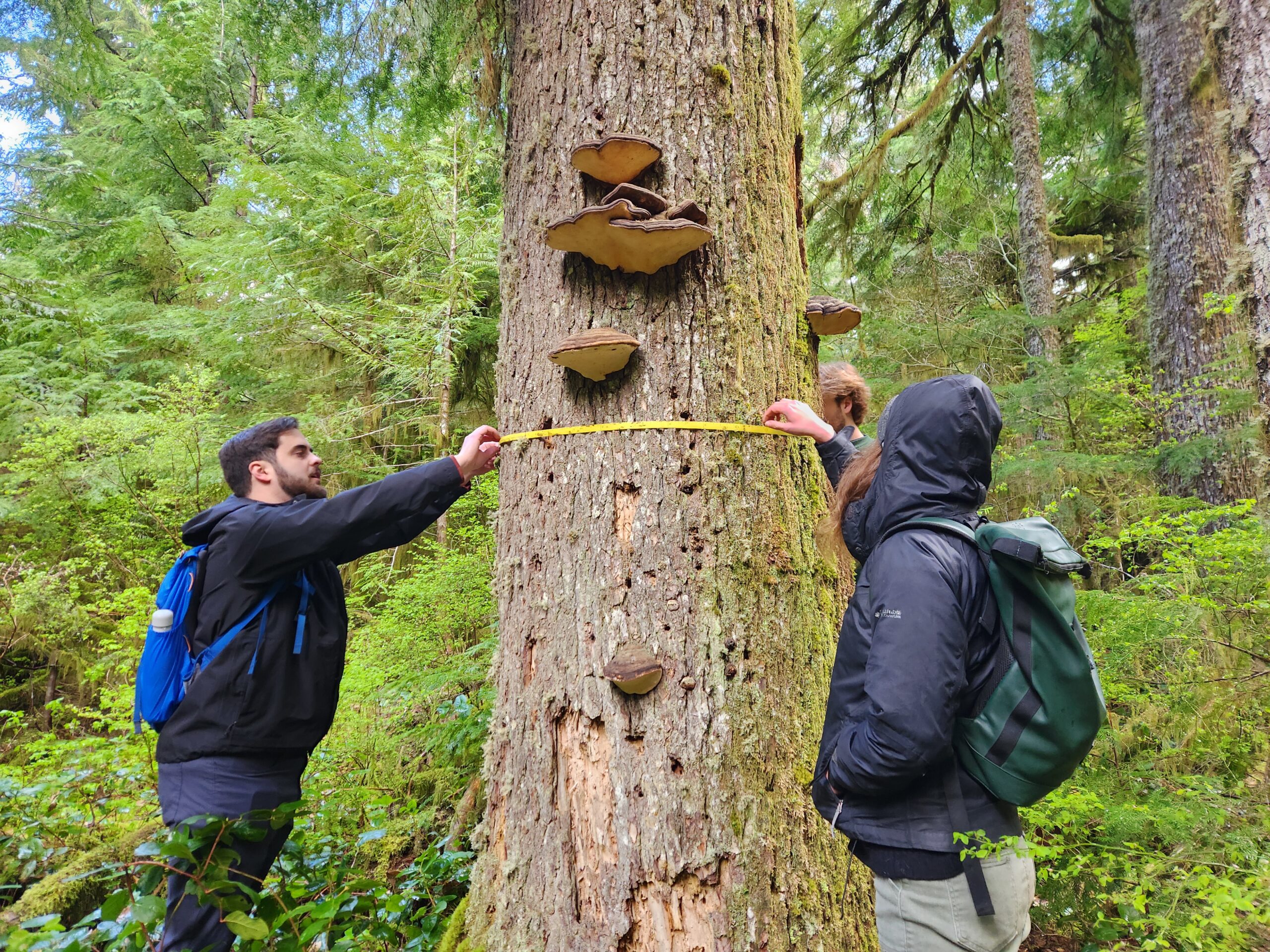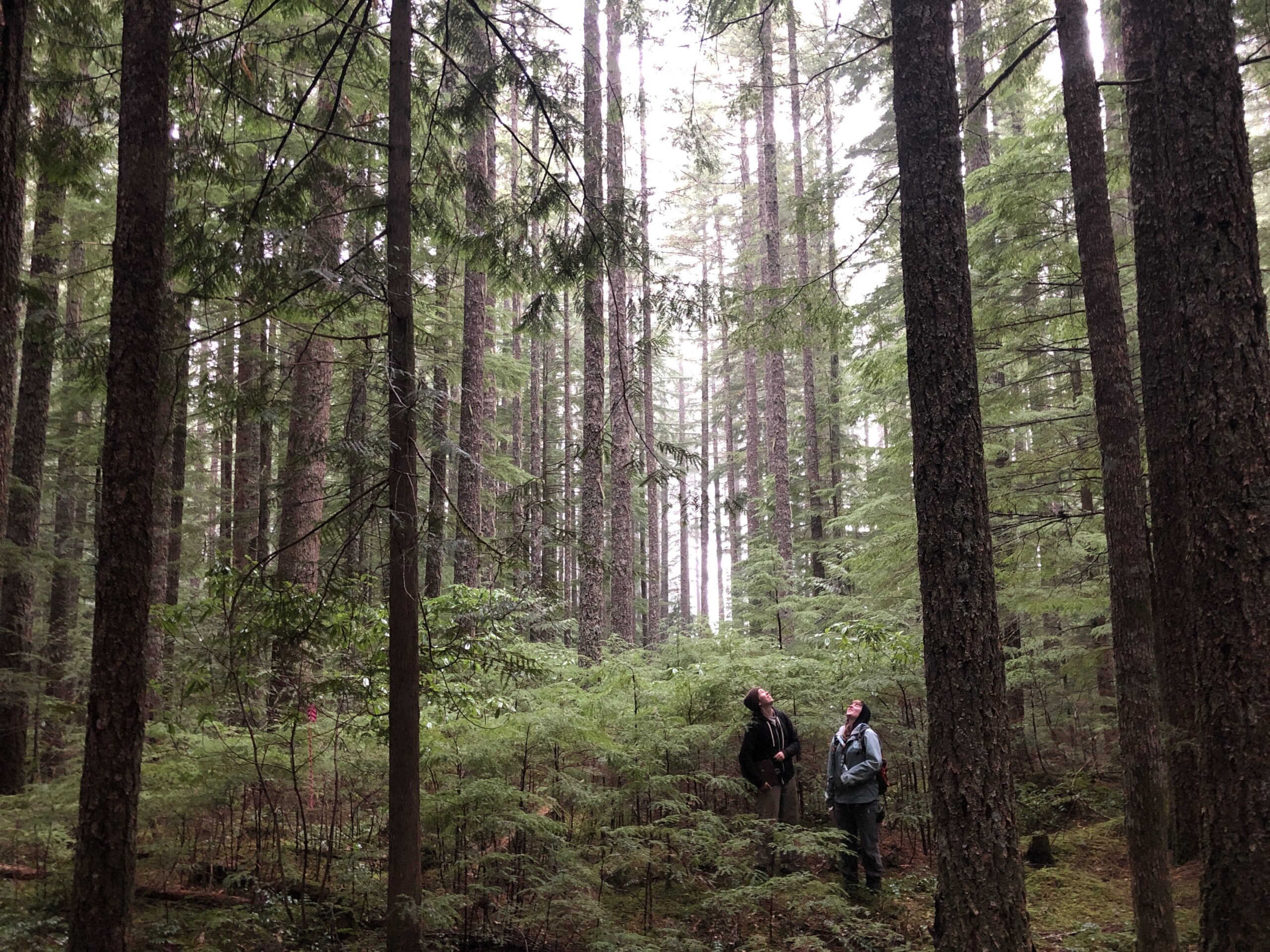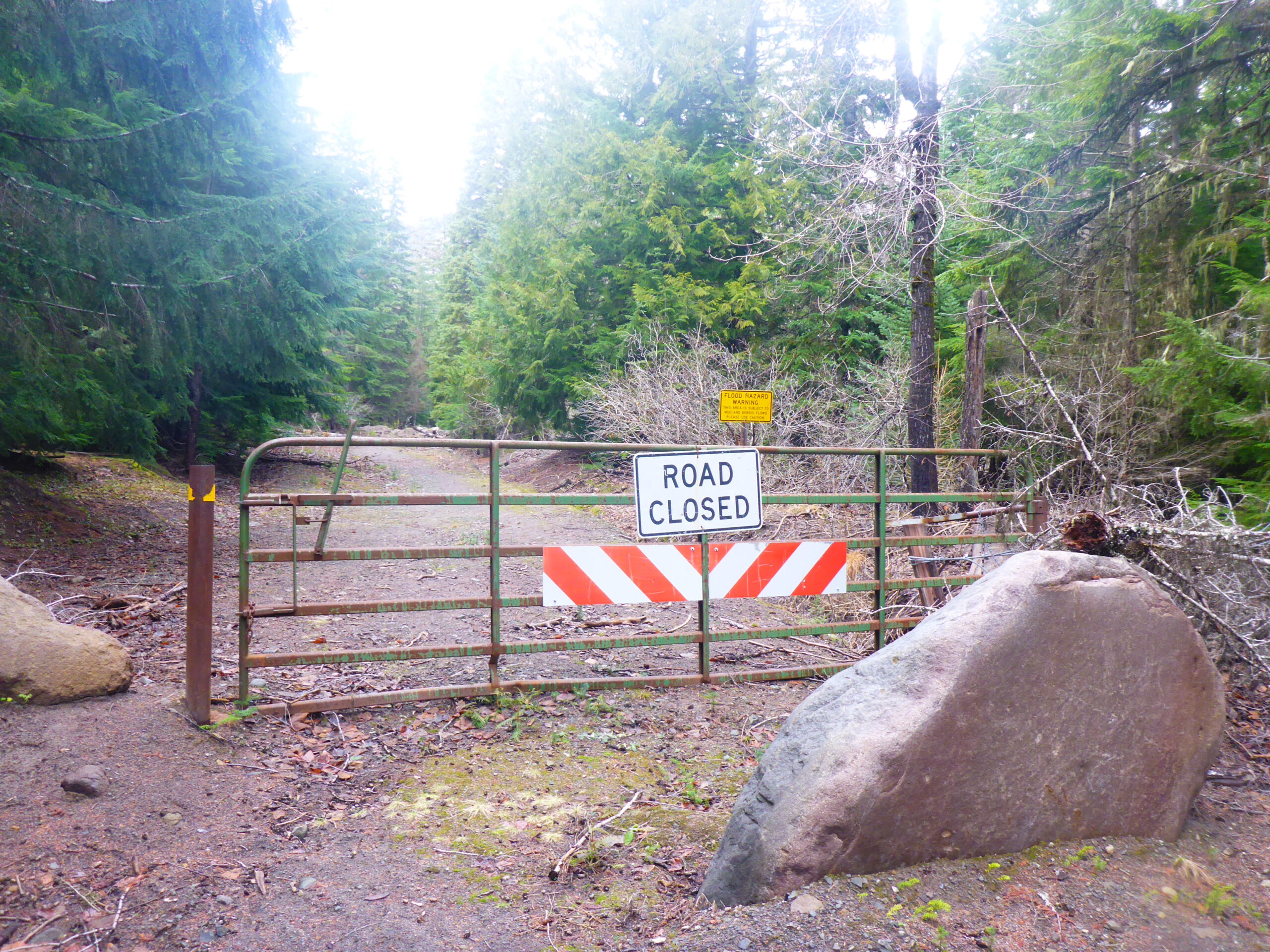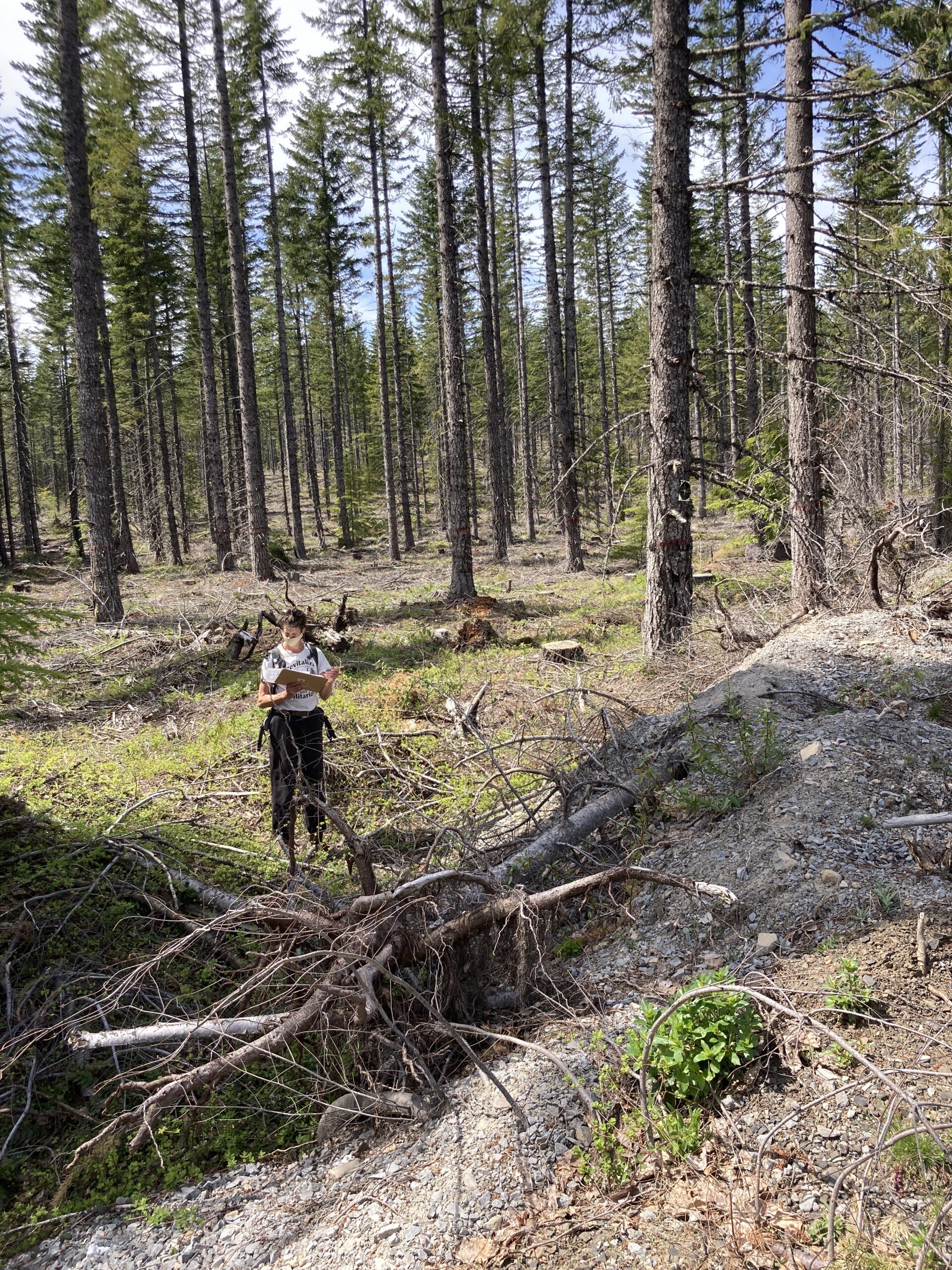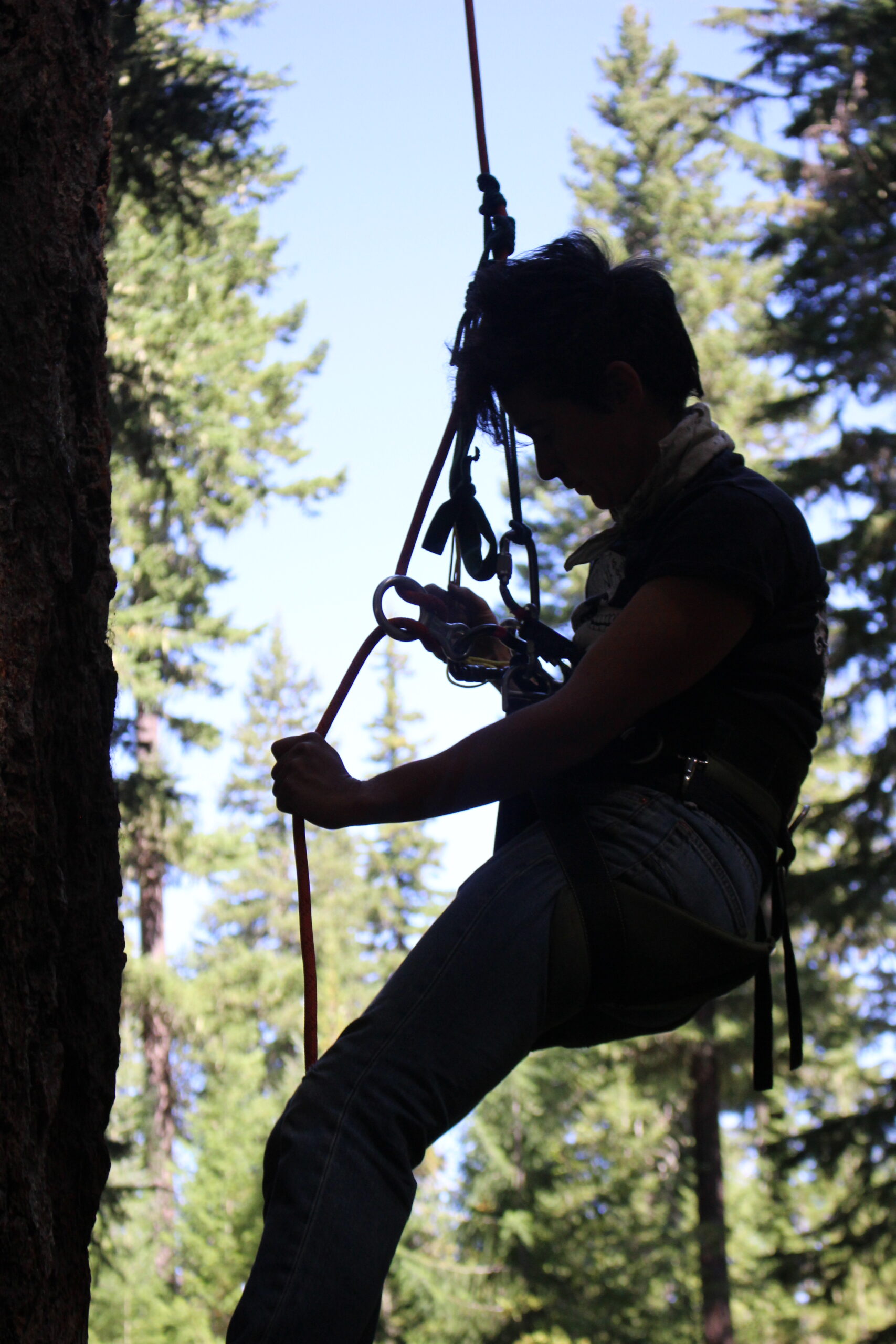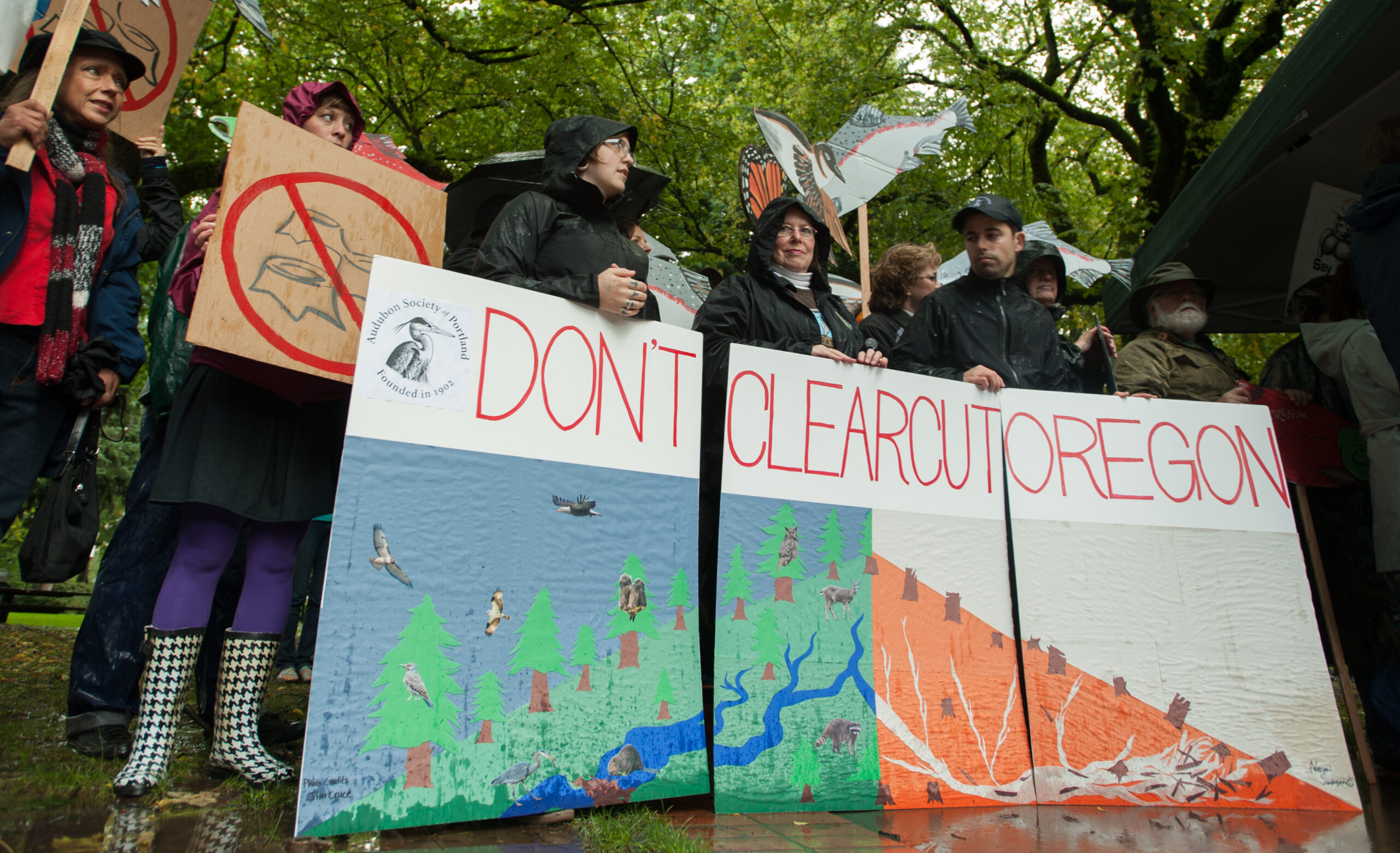Forest Watch, Bark's forest defense program, tracks proposed timber sales, energy transmission corridors, grazing allotments, road building, illegal recreation, and other destructive activities in Mt. Hood National Forest.
By investigating conditions in the forest and providing the scientific and legal documentation to oppose destructive activities, the volunteer-led Forest Watch program, with the financial support of thousands of concerned members of the public, has protected thousands of acres of the forest from destruction. Forest Watch works to combine the information documented through on-the-ground fieldwork (such as groundtruthing, road inventory and recovery, post-logging monitoring) with processes for public input as required by law. Bark provides the tools and resources to support community members who want to submit their concerns and recommendations to the Forest Service, helping push the agency to better address social and environmental concerns.
Check out our list of current timber sales and stay tuned to our events page for opportunities to get involved!
For more information or to ask questions about our work in Forest Watch and Restoration, contact our email at forestwatch@bark-out.org.
